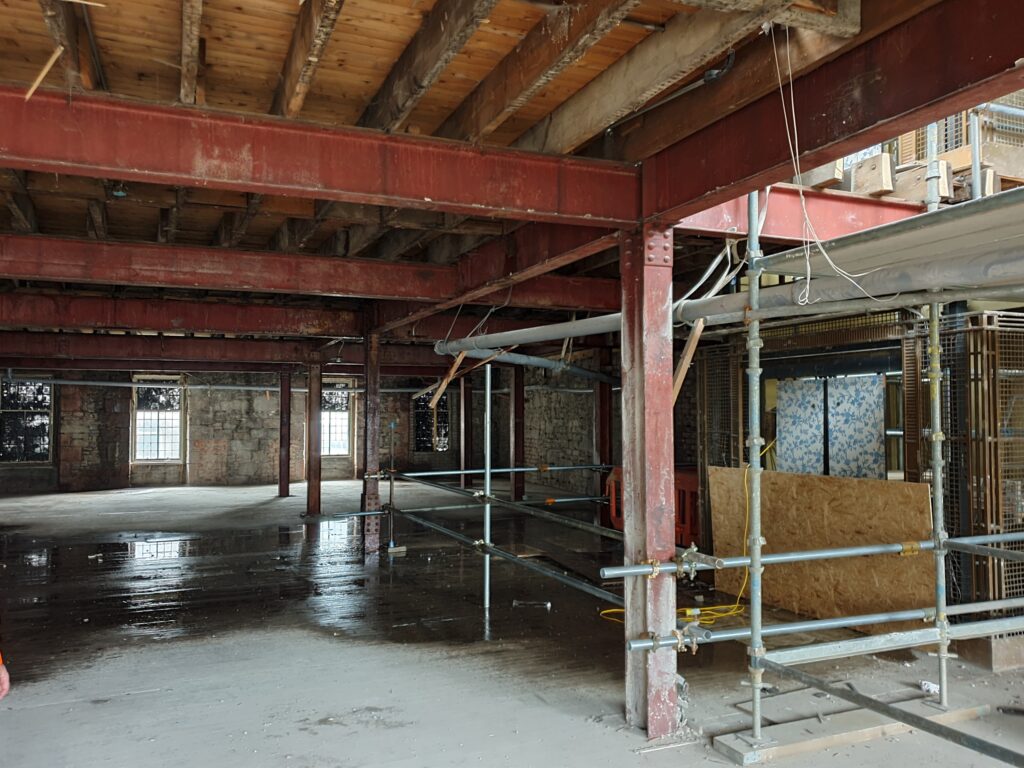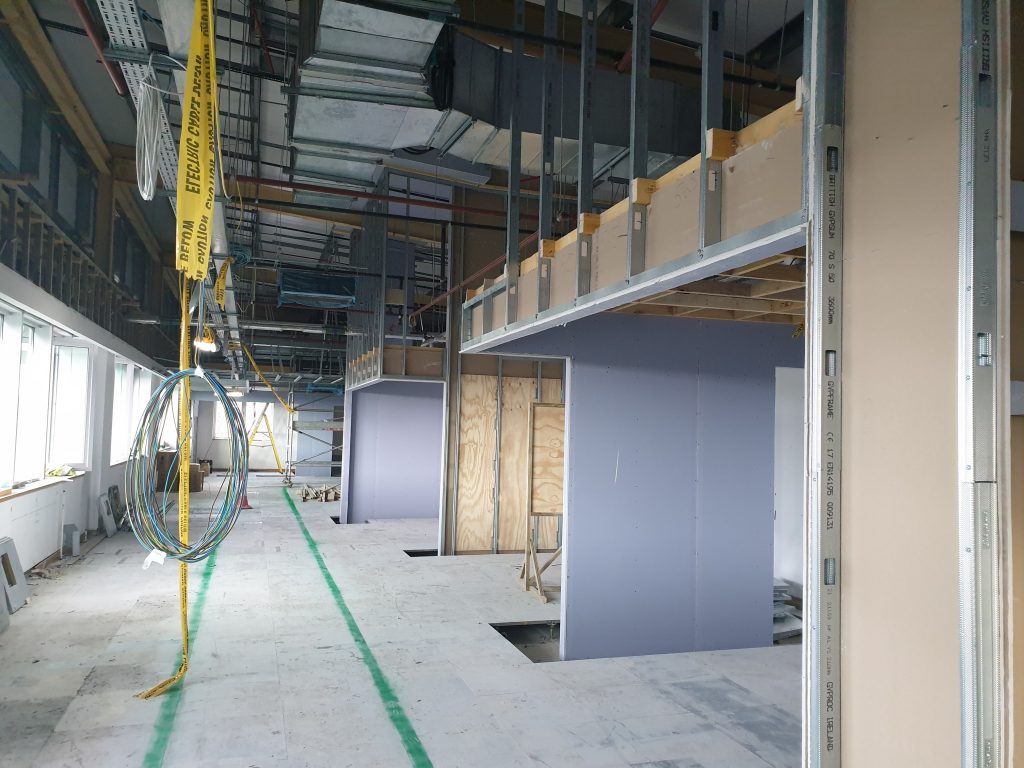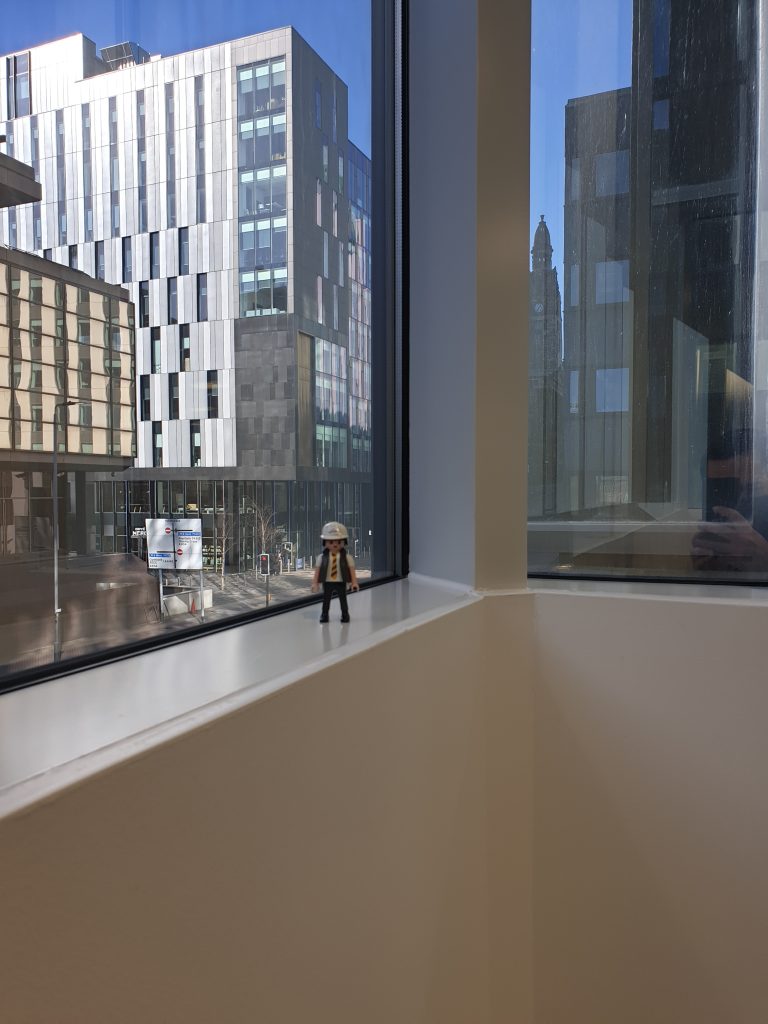
 Back to insights
Back to insights
Building a healthier future: promoting mental health in the construction industry
The construction sector is well-known for its demanding work environment, with lengthy hours, physically gruelling labour, and tight deadlines. Add to that the stigma around mental health, and you’ve got a recipe for high stress levels and mental health issues among construction workers. This article explores the importance of addressing mental health in the construction field and offers practical steps employers can take to foster a supportive work atmosphere.
Raising awareness and reducing stigma
Raising Awareness and Reducing Stigma The first step towards better mental health in construction is raising awareness and reducing the stigma around mental health issues. Employers can organise training sessions and workshops to help employees recognise the signs of mental health problems, learn stress management techniques, and understand the importance of seeking help when needed. Encouraging open conversations about mental health can create an environment where workers feel comfortable discussing their worries and seeking support.
Providing access to mental health support
Providing Access to Mental Health Support Employers should make sure that workers have access to mental health resources and support, like Employee Assistance Programmes (EAPs) or mental health helplines. Additionally, companies can provide info about local mental health services and encourage employees to utilise these resources when needed. Regular check-ins with employees, particularly those working remotely or on isolated job sites, can help spot and address any mental health issues.
Promoting a healthy work-life balance
Promoting a Healthy Work-Life Balance Encouraging a healthy work-life balance is essential for construction workers’ mental well-being. Employers can implement policies supporting a better balance, such as flexible working hours, promoting regular breaks, and discouraging excessive overtime. Encouraging employees to take their annual leave and providing opportunities for social interaction between team members can also contribute to improved mental health.
Prioritizing workplace safety
Prioritising Workplace Safety A safe work environment is critical for the mental well-being of construction workers. Employers should invest in proper training and equipment to minimise workplace accidents and make sure that employees understand the importance of sticking to safety guidelines. A robust safety culture not only reduces the risk of physical injury but also eases anxiety and stress associated with workplace hazards.
Supporting personal development and growth
Supporting Personal Development and Growth Providing opportunities for personal development and career growth can enhance employees’ overall job satisfaction and mental well-being. Employers can offer training programmes, workshops, and mentoring to help workers develop new skills and further their careers. By fostering a culture of continuous learning and growth, companies can demonstrate their commitment to employee well-being and professional success.
Conclusion
Promoting mental health in the construction sector is crucial for the well-being of workers and the overall success of the industry. By raising awareness, providing support, encouraging work-life balance, prioritising workplace safety, and supporting personal development, employers can create a healthier and more productive work environment for their employees. In turn, this will contribute to a more resilient and thriving construction industry. At Torridon, we recognise the importance of mental well-being within the construction sector and are committed to driving positive change. By focusing on our workforce’s mental health, we’re not only investing in our employees’ well-being but also contributing to a stronger and more resilient industry. Together, we can build a healthier future for everyone involved in construction.
Tags: Wellbeing









